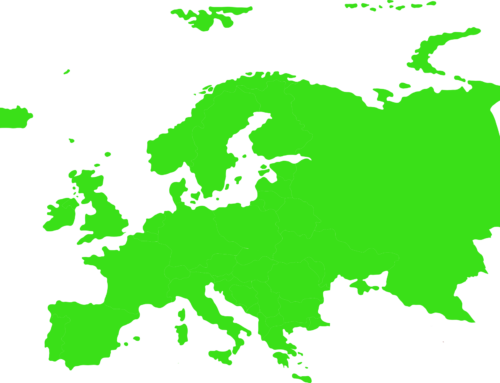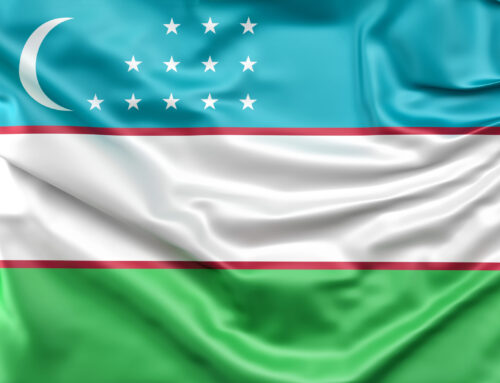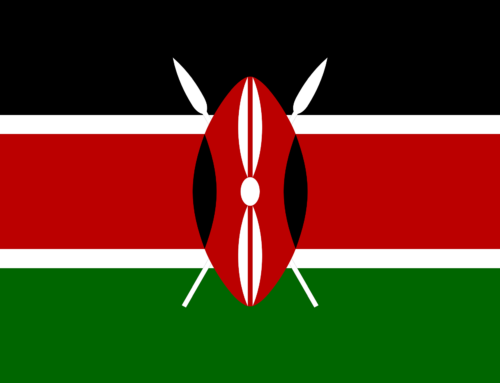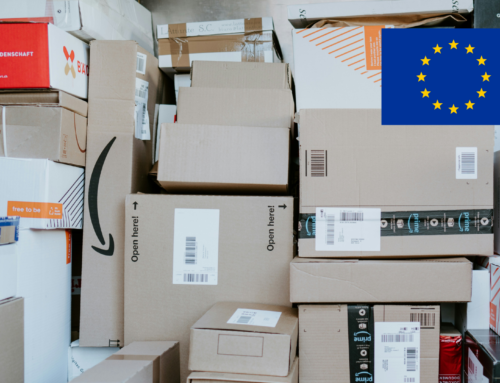Trade agreements are both necessary and a major challenge due to the increasing interconnectedness of markets. The trade agreement between the EU and the Mercosur countries has been in the works for over twenty years. The Mercosur countries include the South American countries Uruguay, Paraguay, Argentina and Brazil.
Negotiations on the agreement have been completed since 2019, but ratification by the EU is still pending.
While some economic experts would advocate a quick entry into force of the agreement, protests are being made by, for example, environmentalists.
Great market opportunities for Germany
On the website of the DIHK (Deutscher Industrie- und Handelskammertag e.V.), DIHK department head Klemens Kober makes it clear in his contribution what potential the South American market has for German companies. Potential that could be fully exploited through the trade agreement. The expert sees market opportunities primarily in the automotive, food and mechanical engineering sectors. The sectors mentioned are currently subject to high tariffs, which would be greatly reduced by the agreement.
Not only large companies will benefit, but also medium-sized companies, says Kober. The SME chapter of the agreement will see to that. The reduction in tariffs reduces the associated costs for companies.
Fueling environmental destruction
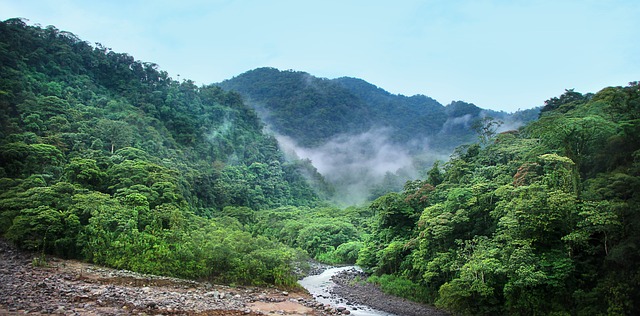
Will the trade agreement accelerate the clearing of the rainforest? According to environmentalists, there are no binding environmental protection requirements in the draft agreement.
Environmental groups such as Greenpeace warn of the consequences of the trade agreement between the EU and the Mercosur countries. According to Greenpeace, the agreement and the resulting increase in exports of South American products to the EU will exacerbate environmental destruction in the sensitive Amazon region. This is evidenced by a study on the EU-Mercosur agreement carried out by Greenpeace and Misereor. As an example, the activists cite the cultivation of soy for animal feed, for which large areas of rainforest are cleared.
Although the contracting parties to the trade agreement have committed themselves to implementing the Paris climate protection agreement, Geenpeace sees no reason to trust in it. Bolsonaro, President of Brazil – the EU’s main trading partner in South America – has cut his environmental spending and clearing of rainforests has increased during his tenure, Greenpeace said.
Hence the demand of the conservationists: renegotiations of the EU-Mercosur agreement. How the trade agreement will continue will probably be clarified soon after the conclusion of the elections in Brazil.
Source: dihk.de; Greenpeace.de (german)


